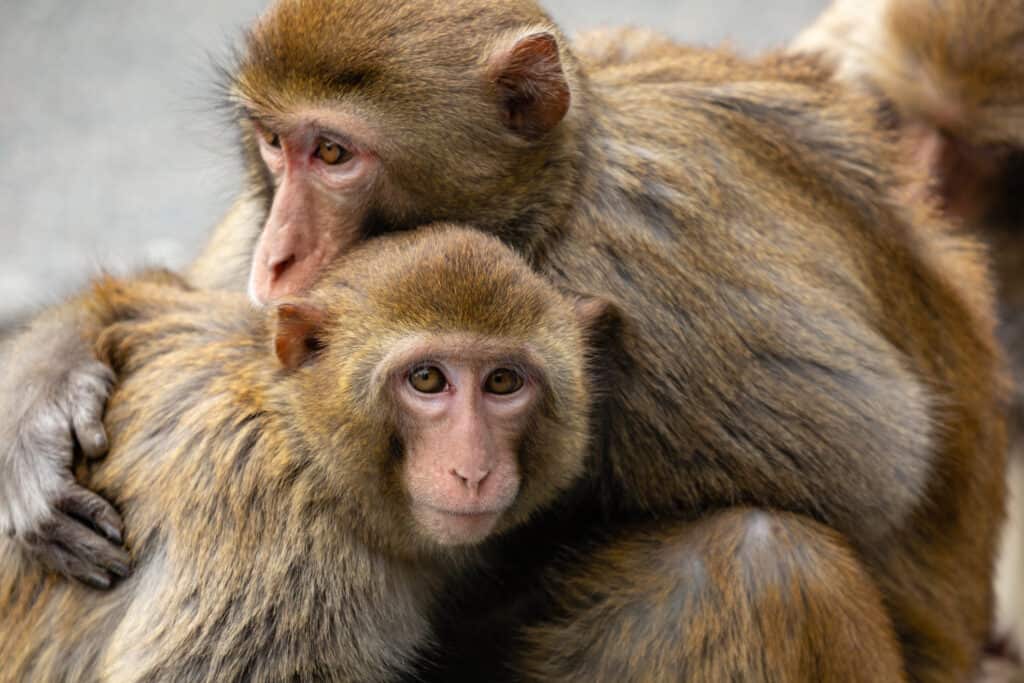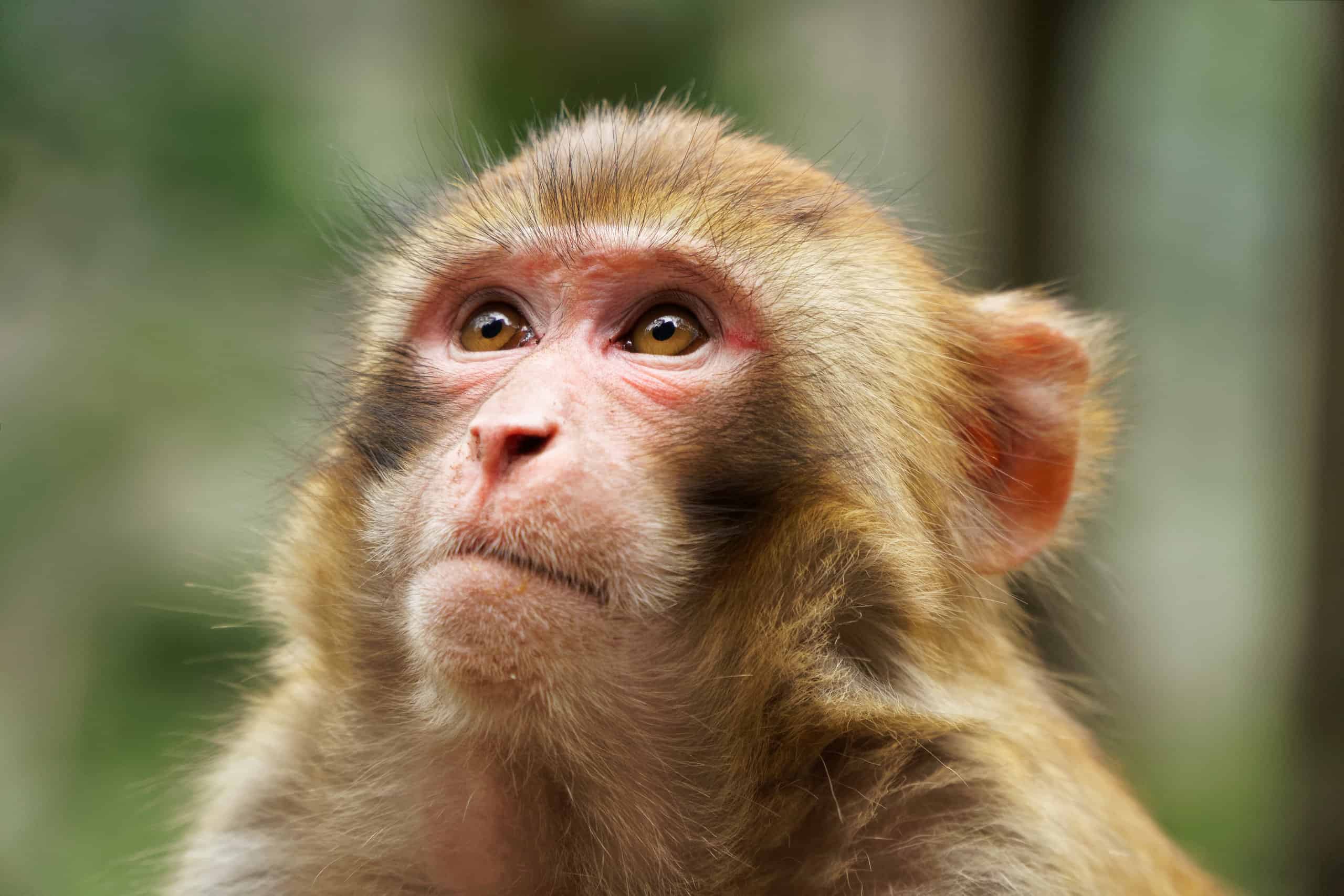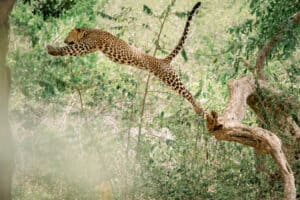Any police update headed ‘Monkey Sightings’ is bound to grab your attention. A Facebook post from the Orange City Police Department was released to advise residents about some recent primate activity in the area by Florida wild monkeys. It explains that they have recently received multiple service calls relating to monkey sightings and it issues useful advice for residents. At this stage, they are not sure whether they are dealing with one monkey or several of them.
Monkeys in Orange City
Orange City is around 30 miles north of Orlando. A lady captured one of the monkeys on camera at a fast-food outlet where it apparently sauntered around and then escaped over a fence into a wooded area. Significantly, there have been several more sightings from different parts of the city. Despite officers being dispatched to the scenes of the sightings, the cheeky primate(s) remain at large! Eyewitnesses claim that the monkey looks very healthy and even ‘well-groomed’ leading to speculation it had escaped from a home, zoo, or sanctuary. However, no one has come forward as yet to claim ownership of this monkey.
The advice is not to attempt to approach it in any way or feed it. Instead, you should contact the Wildlife Alert Hotline at 888-404-FWCC (888-404-3922) or submit your information via MyFWC.com/WildlifeAlert.
In an updated press release, the Orange City Police Department shares information that they have received from the Florida Fish and Wildlife Conservation Commission. Importantly, it identifies the primate as a rhesus macaque (Macaca mulatta). It is a second-degree misdemeanor to feed wild monkeys in Florida. The offense carries a punishment of up to 60 days in jail and a fine of up to $500.
How Did Wild Monkeys Appear in Florida?
There are several species of wild monkeys in Florida including the rhesus macaque. However, they are not native species and are in the wild because they have been intentionally released. Others have escaped from captivity. One population was introduced at the Silver Springs park where they were part of the Jungle Cruise boat ride attraction.

Rhesus Macaques can become territorial and aggressive if fed by humans.
©iStock.com/Zane Michael Cooper
Are Florida Wild Monkeys Dangerous?
Yes, these monkeys present several threats to the environment and humans. They can cause elevated levels of harmful bacteria in recreational waters. Also, rhesus macaques can bite and scratch people causing nasty injuries.
Some rhesus macaques in Florida carry herpes B. This is a viral infection that can cause severe brain damage or death without treatment. Humans can catch this from monkeys if they are bitten or scratched by them or if they come into contact with fluids from the monkey’s eyes, nose, or mouth. Interestingly, you will get symptoms up to a month after being exposed.
Why Shouldn’t You Feed Wild Monkeys in Florida?
To feed the monkeys you have to get near them and that puts you in danger. Also, it encourages them to frequent areas where there are a lot of humans. This increases the risk of attacks. Finally, experts suspect that feeding macaques can make them more territorial and therefore more aggressive. This is what the authorities are trying to avoid.
Thank you for reading! Have some feedback for us? Contact the AZ Animals editorial team.








